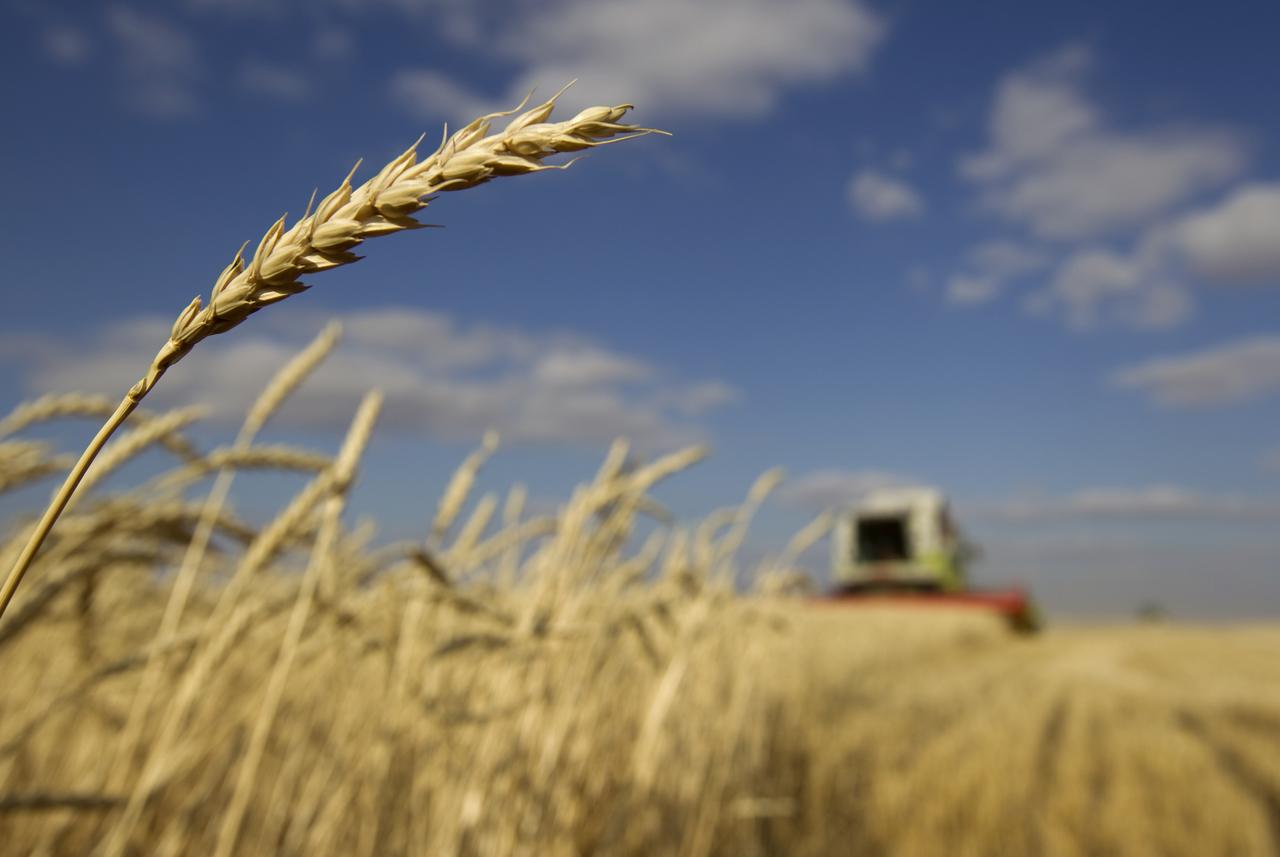
The premier chaired a meeting in Islamabad to review the measures for reducing the prices of wheat and flour. He ordered taking steps to ensure the availability of wheat as per the country’s requirements.
“Controlling the prices of wheat and flour is among the top priorities of the government,” he said.
“Protecting the poor is of paramount importance to the government so that they don’t have to bear any extra burden.”
Commenting on the decisions taken in consultation with the provincial governments to reduce the prices of wheat and flour, PM Imran directed that immediate steps be taken to ensure their implementation as soon as possible. He also directed all the provincial chief secretaries to ensure a zero-tolerance policy on wheat smuggling and hoarding.
Finance Adviser Dr Abdul Hafeez Shaikh briefed the participants of the meeting on the decisions taken in consultation with the provincial governments to meet the needs of wheat and flour as well as reduce their prices.
Planning and Development Asad Umar, National Food Security Minister Fakhr Imam, Economic Affairs Minister Khusro Bakhtiar, Commerce Adviser Abdul Razzaq Dawood also attended the meeting. The chief secretaries of Punjab, Sindh and Khyber-Pakhtunkhwa participated in the meeting via video link.
On Monday, the federal government approved the import of wheat and relaxed borrowing limits for provinces by up to 167% to allow them to meet expenditures that often exceed cash in hand due to limits imposed under the International Monetary Fund agreement.
The Economic Coordination Committee (ECC) of the Cabinet gave the go-ahead to the private sector for wheat import to control prices of wheat and flour that had been constantly rising amid farmers’ reluctance to bring their crop to the market on expectations of further increase in prices.
In case, the private sector did not import wheat, the ECC decided that the government would then import the commodity to meet shortfall.
The ECC agreed there would be no limit on the import of wheat by the private sector and it would monitor the situation on a monthly basis to ensure availability of wheat and flour in all parts of the country at reasonable prices.
The ECC decided that provincial governments should be requested to announce their wheat release policy immediately. Punjab has been asked to release 900,000 tons of wheat to flour mills of the province over the next two months at a price proposed by the provincial government.
The ECC said the government of Sindh should also be requested to announce its policy and Pakistan Agricultural Storage and Services Corporation (Passco) should assess immediate requirement of Khyber-Pakhtunkhwa and Balochistan and improve wheat supply as per agreed targets. It gave directives for stopping cross-border movement of flour to ensure that the commodity did not flow out to Afghanistan and the points of exit.
1725030039-0/Untitled-design-(2)1725030039-0-405x300.webp)
















COMMENTS
Comments are moderated and generally will be posted if they are on-topic and not abusive.
For more information, please see our Comments FAQ